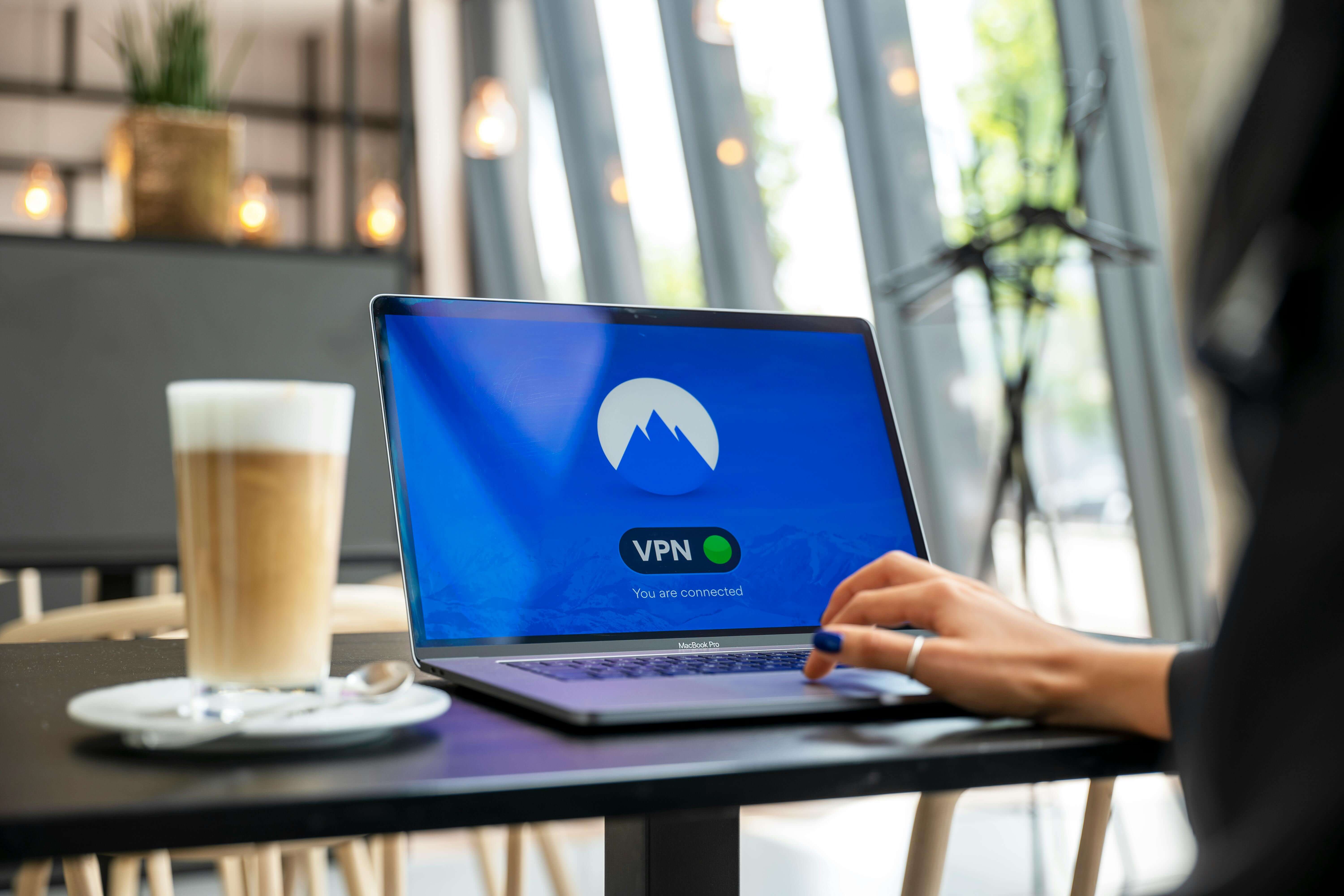.svg)
Today's work environment starkly contrasts the traditional office space once characterized by executive sanctums, high-stress cubicles, and a grueling 9-5 shift. Nowadays, you can take the office with you on your phone. Numberless tools have transformed how employees collaborate and how HR makes decisions. Silos have been torn down.
The modern employee can work virtually anywhere in real-time – even in their kitchens and bedrooms. Thanks to cloud-based collaboration software and mobile apps, employees can access critical work documents and collaborate on projects with colleagues, regardless of geographical location. This proliferation of technology has improved work-life balance as employees can now work more fluidly between offices and while traveling.
Mobile cloud-based project management tools help employees to stay ahead of their deadlines. They can now collaborate seamlessly with teams without risking miscommunication or project delays. Remote work tools enable high productivity and performance minus the mental stress typical in a fast-paced work environment. This has a domino effect that positively impacts performance motivation and retention rates.
To remain agile and relevant in today's fast-paced business environment, having easy access to information is critical. And that's why employees now use smartphones to retrieve databases, intranets, and corporate resources at the press of a button. This means they use the latest data and headlines to make informed decisions.
We have seen how mobile technology has impacted workplace collaborations; now, let us focus on its impact on HR outcomes. The potential of mobile tech to reshape the HR sector is vast and still not exploited to its fullest potential.
Everyone's attached to their cell phone nowadays, and it's no surprise that most employees have turned to their HR apps to access pay information. This trend is confirmed by a study done by ADP showing that 37% of employees use their smartphones for their HR needs. HR departments have had to develop mobile and user-friendly systems to streamline experiences.
HR teams are scrambling to remain competitive by using mobile apps to locate and communicate with potential hires. A recent study shows that 73 percent of 19-34-year-olds got their last jobs through a social network, with LinkedIn taking the giant share of this market.
Baby Boomers are retiring and getting replaced by young, tech-savvy individuals. This is the dawn of Millennials and Generation Z, who are used to working from anywhere. HR bosses are encouraging the use of mobile applications to make the work experience even more enjoyable.
We have seen how mobile technology is transforming workplace collaborations and HR outcomes. It has enabled employees to be more flexible and improve their productivity. To keep up with these developments, HR departments are turning to mobile apps for tasks such as payroll and recruitment.
.svg)

Today's work environment starkly contrasts the traditional office space once characterized by executive sanctums, high-stress cubicles, and a grueling 9-5 shift. Nowadays, you can take the office with you on your phone. Numberless tools have transformed how employees collaborate and how HR makes decisions. Silos have been torn down.
The modern employee can work virtually anywhere in real-time – even in their kitchens and bedrooms. Thanks to cloud-based collaboration software and mobile apps, employees can access critical work documents and collaborate on projects with colleagues, regardless of geographical location. This proliferation of technology has improved work-life balance as employees can now work more fluidly between offices and while traveling.
Mobile cloud-based project management tools help employees to stay ahead of their deadlines. They can now collaborate seamlessly with teams without risking miscommunication or project delays. Remote work tools enable high productivity and performance minus the mental stress typical in a fast-paced work environment. This has a domino effect that positively impacts performance motivation and retention rates.
To remain agile and relevant in today's fast-paced business environment, having easy access to information is critical. And that's why employees now use smartphones to retrieve databases, intranets, and corporate resources at the press of a button. This means they use the latest data and headlines to make informed decisions.
We have seen how mobile technology has impacted workplace collaborations; now, let us focus on its impact on HR outcomes. The potential of mobile tech to reshape the HR sector is vast and still not exploited to its fullest potential.
Everyone's attached to their cell phone nowadays, and it's no surprise that most employees have turned to their HR apps to access pay information. This trend is confirmed by a study done by ADP showing that 37% of employees use their smartphones for their HR needs. HR departments have had to develop mobile and user-friendly systems to streamline experiences.
HR teams are scrambling to remain competitive by using mobile apps to locate and communicate with potential hires. A recent study shows that 73 percent of 19-34-year-olds got their last jobs through a social network, with LinkedIn taking the giant share of this market.
Baby Boomers are retiring and getting replaced by young, tech-savvy individuals. This is the dawn of Millennials and Generation Z, who are used to working from anywhere. HR bosses are encouraging the use of mobile applications to make the work experience even more enjoyable.
We have seen how mobile technology is transforming workplace collaborations and HR outcomes. It has enabled employees to be more flexible and improve their productivity. To keep up with these developments, HR departments are turning to mobile apps for tasks such as payroll and recruitment.


